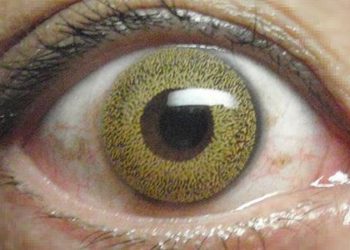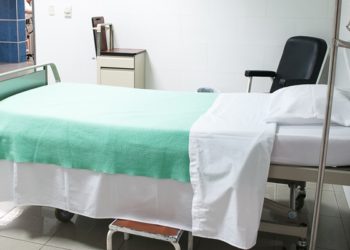Monoclonal antibody L9LS prevents malaria infection in adults
1. In this small phase one clinical trial, L9LS administration protected healthy adults from contracting a malarial infection.
2. No significant adverse events were observed in the L9LS group.
Evidence Rating Level: 2 (Good)
Study Rundown: Malaria is a life-threatening, mosquito-borne disease affecting millions worldwide. In regions of West Africa that are disproportionately affected by Malaria, the standard of care consists of seasonal chemoprevention and antimalarial drugs. However, these options are associated with low efficacy, drug resistance, and nonadherence issues. This phase one clinical trial evaluated the efficacy, safety, and pharmacokinetics of the new antimalarial monoclonal antibody, L9LS. L9LS was administered intravenously or subcutaneously. Participants were then exposed to malaria-positive mosquitoes for controlled infection and monitored for 21 days to assess for parasitemia before being given standard malaria treatment. L9LS was protective against controlled malaria infection, especially with higher doses. There were no severe adverse events associated with L9LS administration. Pharmacokinetic modeling from limited clinical data suggested that the effective dose of L9LS would remain in circulation for six months in participants who received the medication subcutaneously. As a limitation, the small sample size and study population (healthy adults in the United States) may reduce the generalizability of the efficacy and safety results to the Sub-Saharan African population that is most affected by malaria.
Click here to read the study in NEJM
In-Depth [randomized control trial]: In the present phase one clinical trial, healthy adults in the United States between 18 and 50 years of age received antimalarial monoclonal antibodies L9LS (n = 18) or a placebo control (n = 6). L9LS was administered intravenously (1 mg per kg (n = 5), 5 mg per kg (n = 4), or 20 mg per kg (n = 4)) or subcutaneously at 5 mg per kg (n = 5). Participants then underwent controlled human malarial infection and were monitored for 21 days for parasitemia as determined by polymerase-chain-reaction (PCR) test. After this initial period, patients were given the standard malarial treatment, followed by a 24- and seven-week observation for the L9LS and control groups, respectively. Parasitemia developed in two of the 17 L9LS participants and in all six control participants. For safety, solicited symptoms were mild or moderate in severity and self-limiting. One unsolicited adverse event, a case of mild cervical lymphadenopathy, occurred in a participant who received 1 mg per kg L9LS intravenously, which was resolved after 29 days without intervention. Pharmacokinetic modeling from limited clinical data showed that serum L9LS concentration maintained in the range of 5 to 11 microgram per milliliter after six months in participants who received 5 mg per kg L9LS subcutaneously, suggesting prolonged protection against malaria. The current trial is a proof of principle for a new prevention strategy for malaria. Still, further randomized control studies with a larger and more representative cohort are necessary to determine the efficacy and safety of L9LS.
Image: PD
©2022 2 Minute Medicine, Inc. All rights reserved. No works may be reproduced without expressed written consent from 2 Minute Medicine, Inc. Inquire about licensing here. No article should be construed as medical advice and is not intended as such by the authors or by 2 Minute Medicine, Inc.





![ABCD2 Score: Predicting Early Stroke Risk After Transient Ischemic Attack (TIA) [Classics Series]](https://www.2minutemedicine.com/wp-content/uploads/2013/05/web-cover-classics-with-logo-medicine-BW-small-jpg-75x75.jpg)
![Radiofrequency catheter ablation effective as first-line therapy for atrial fibrillation [RAAFT-2 trial]](https://www.2minutemedicine.com/wp-content/uploads/2014/02/afib_-75x75.jpg)


